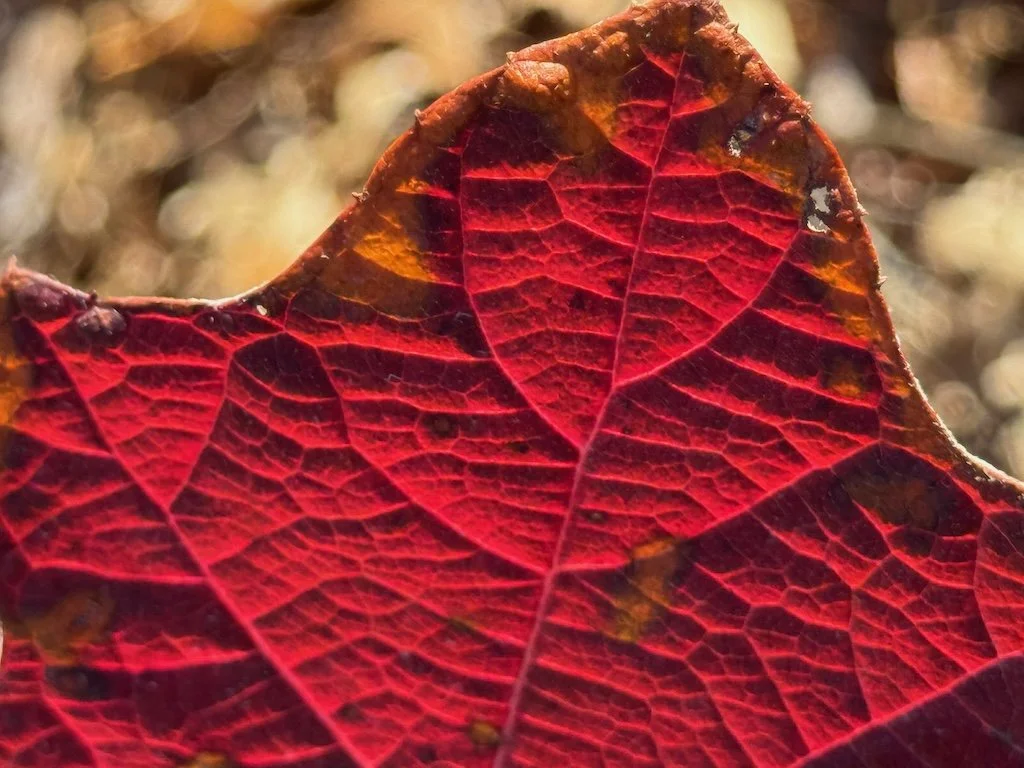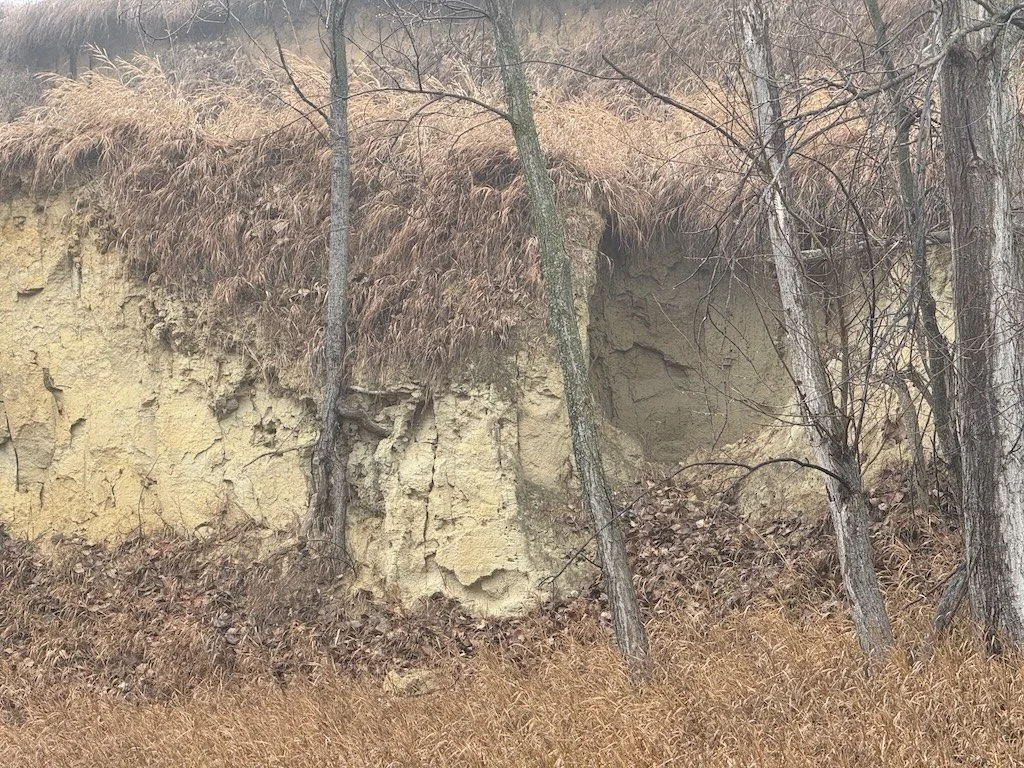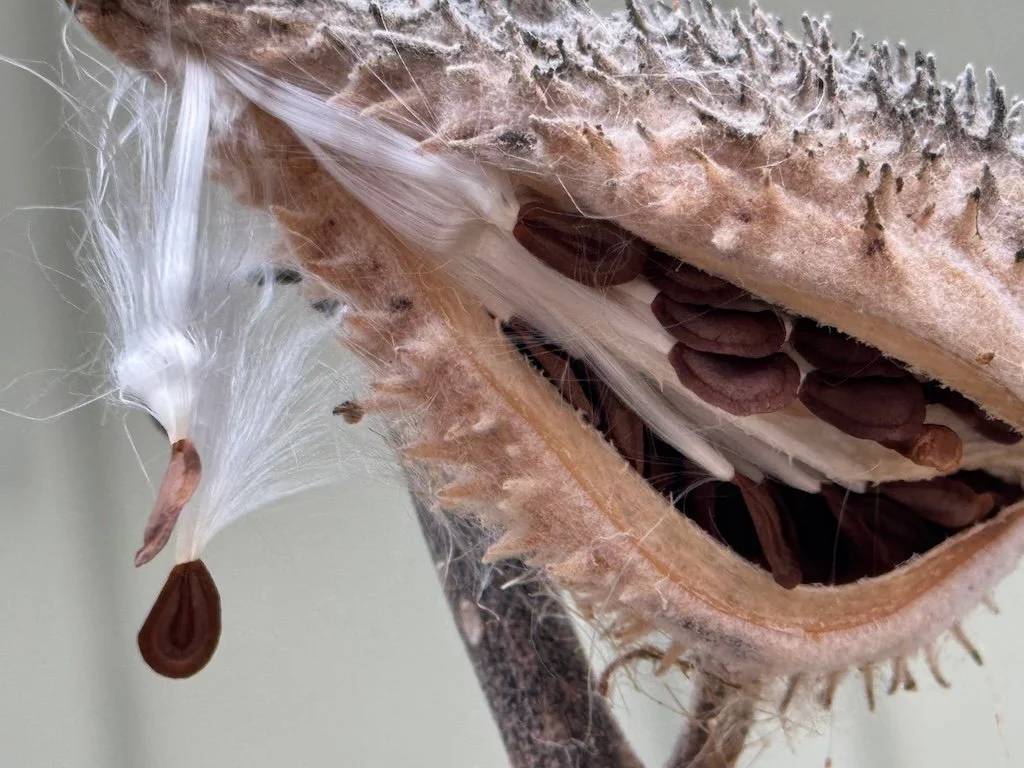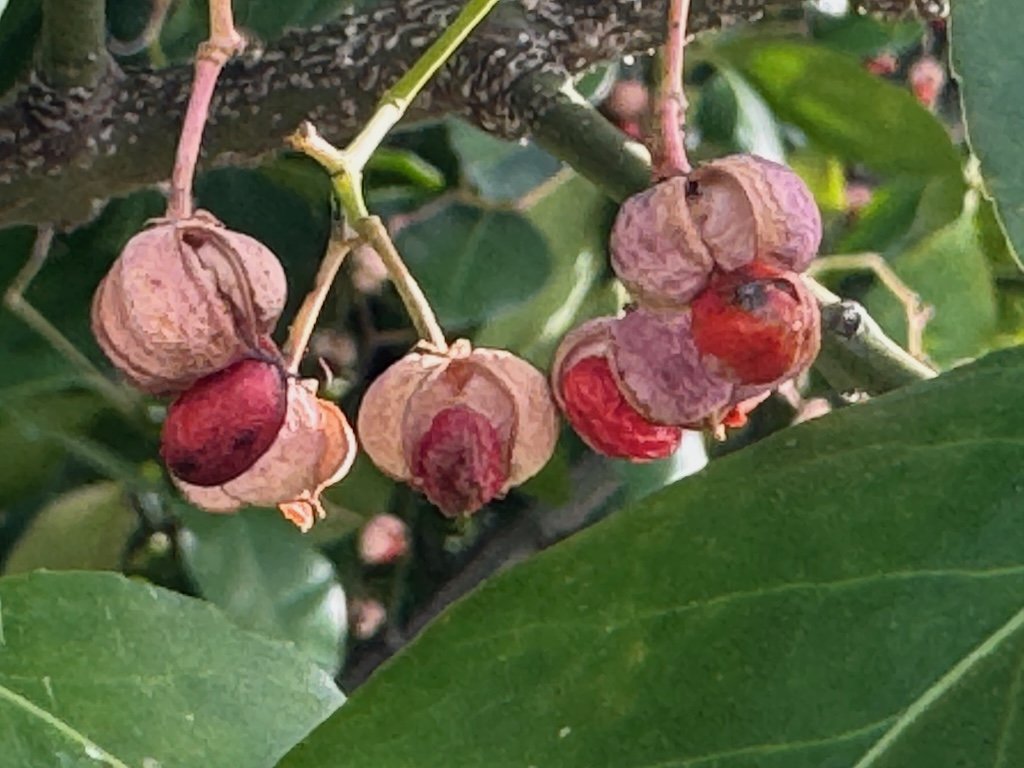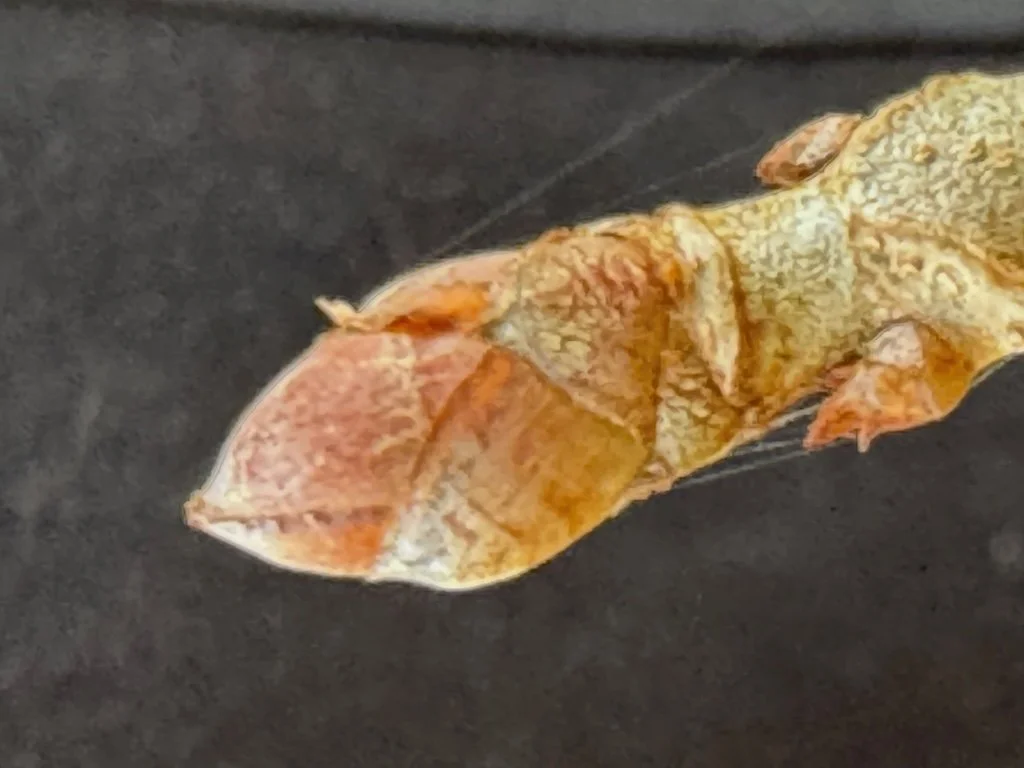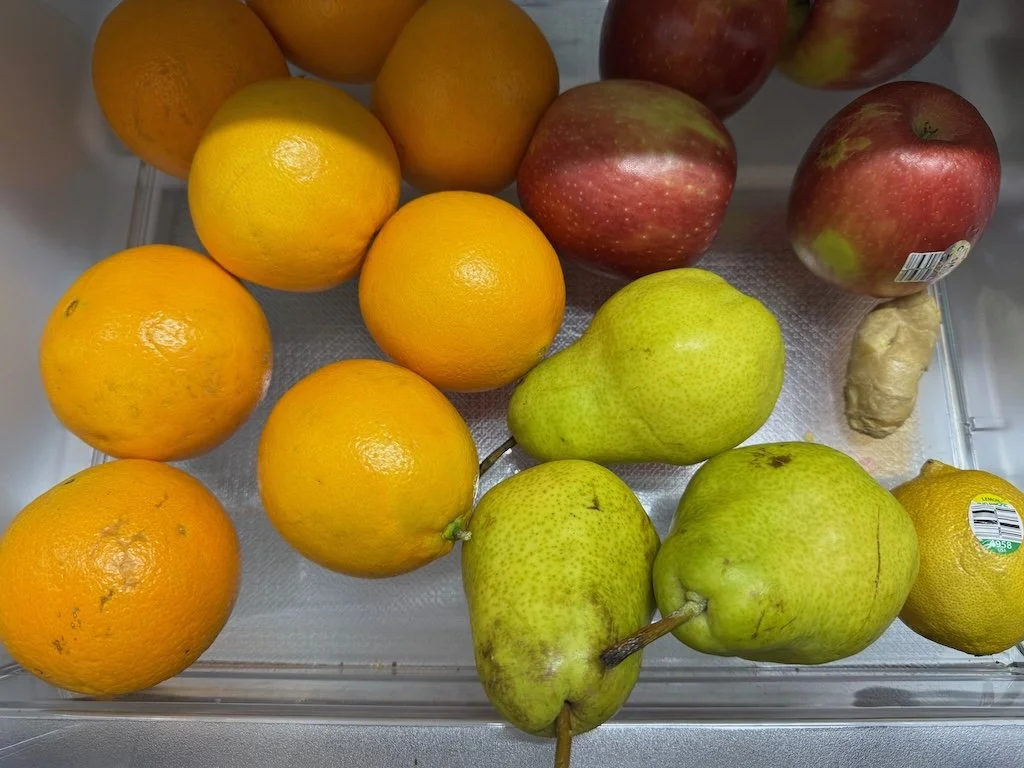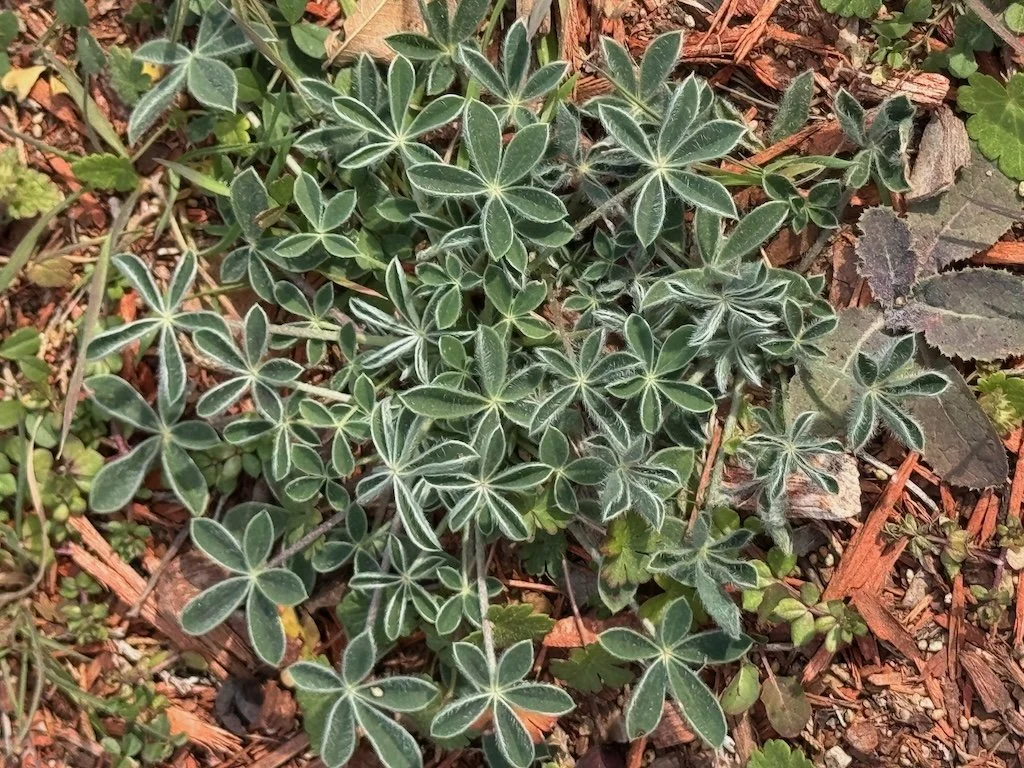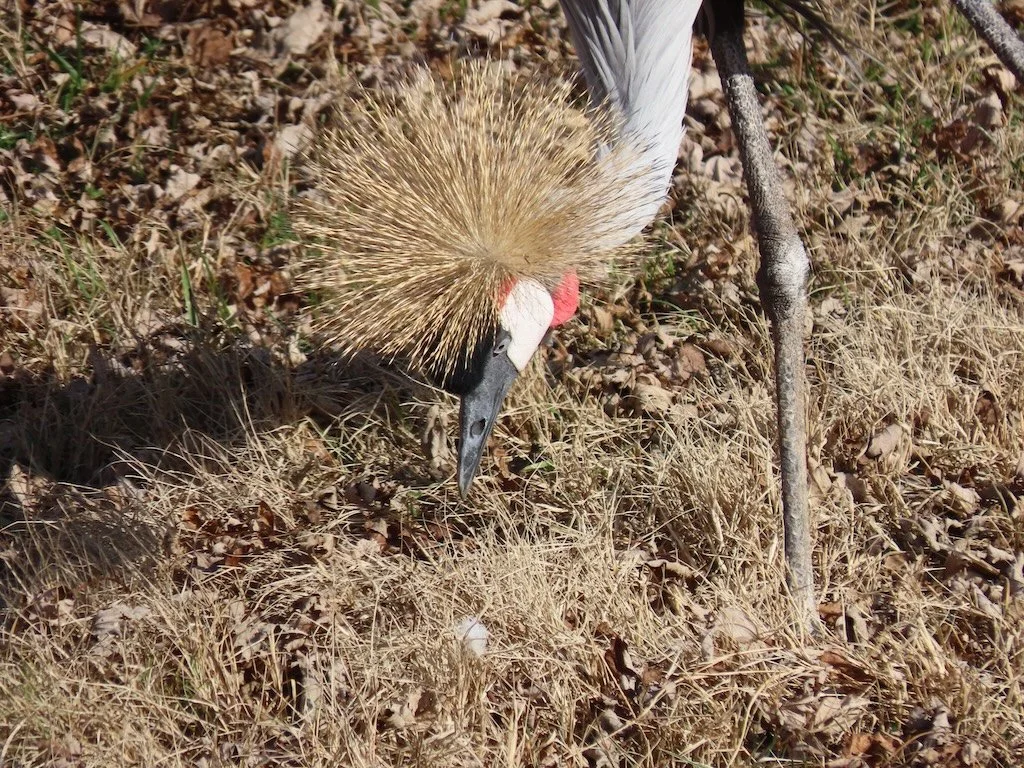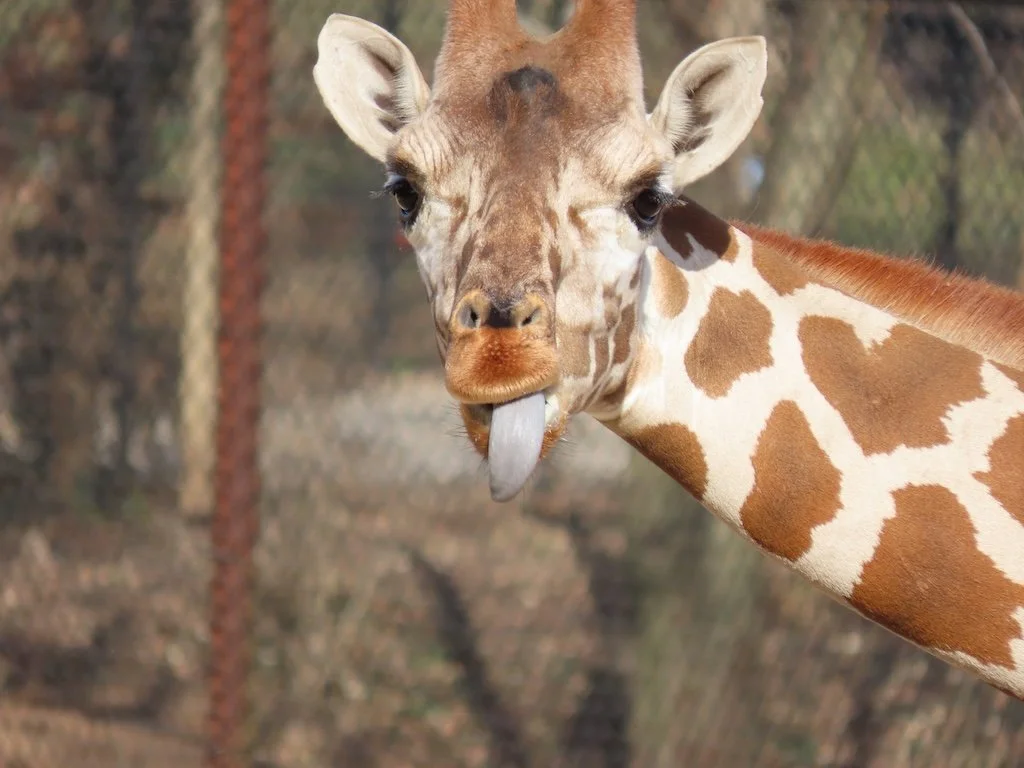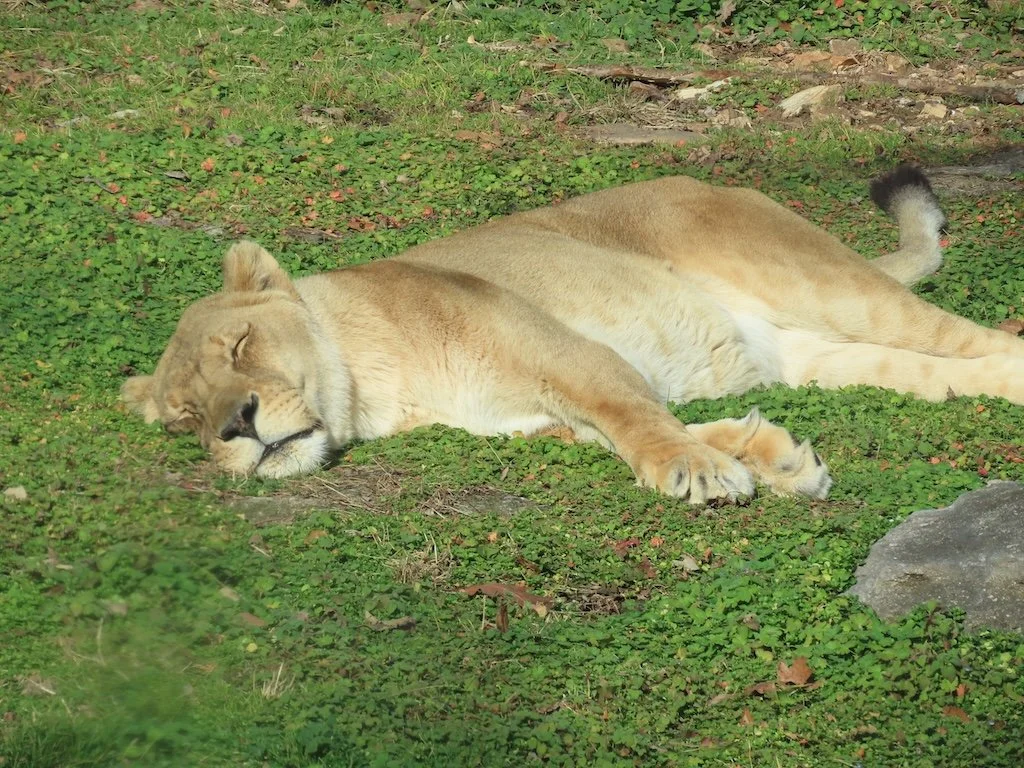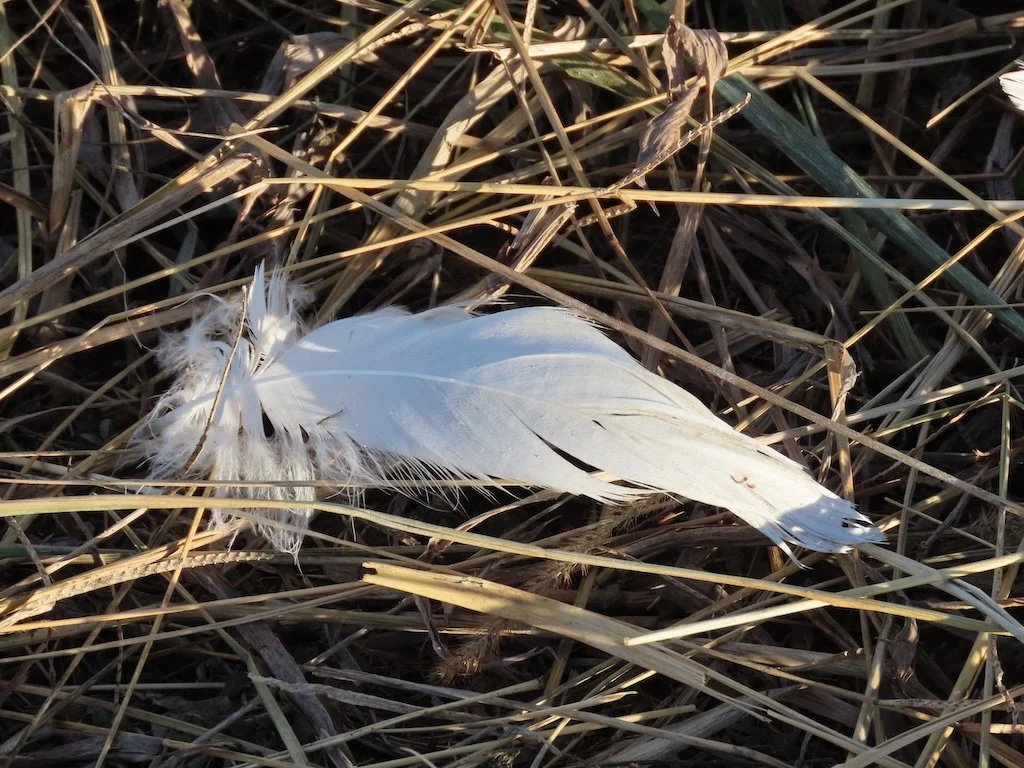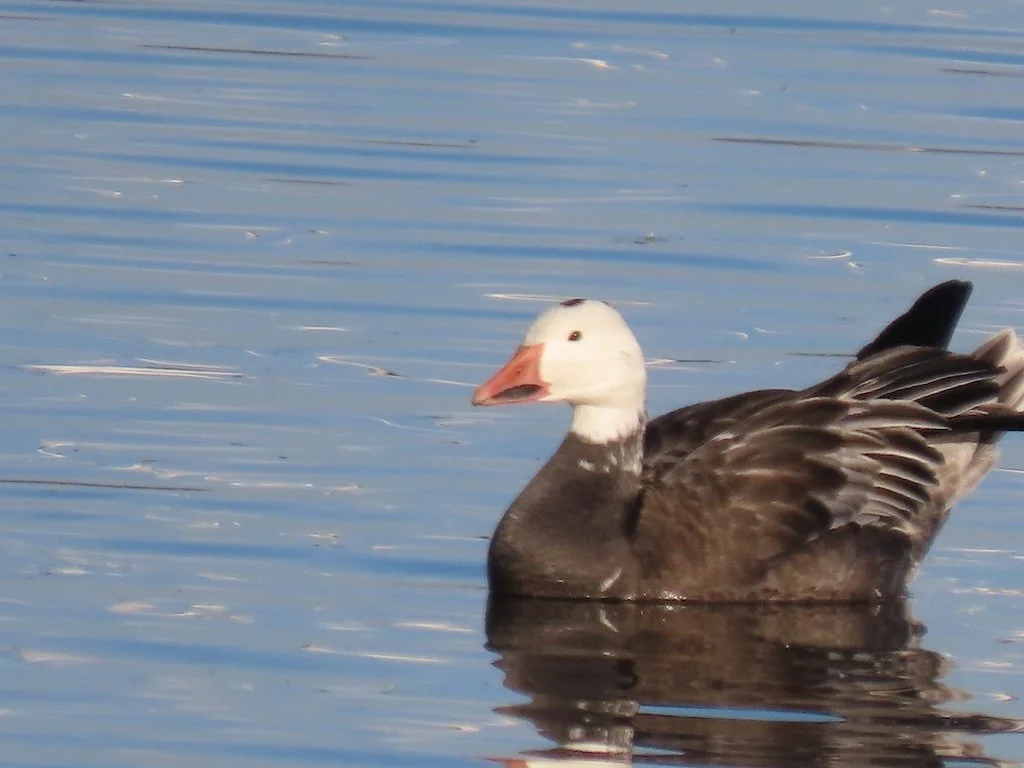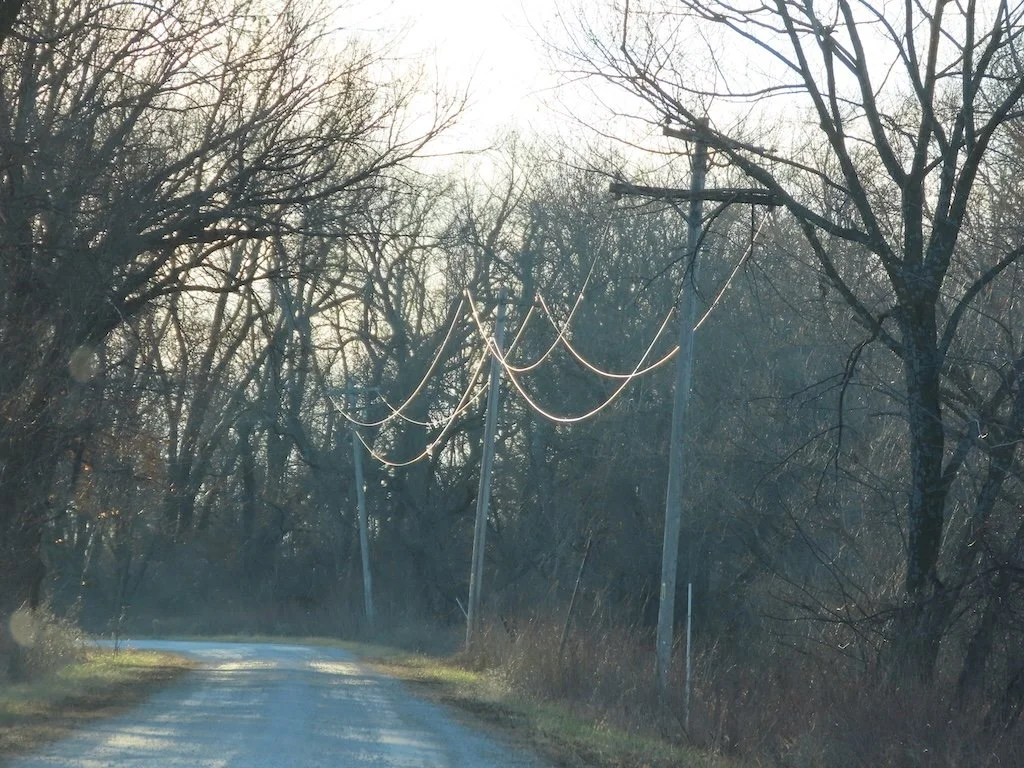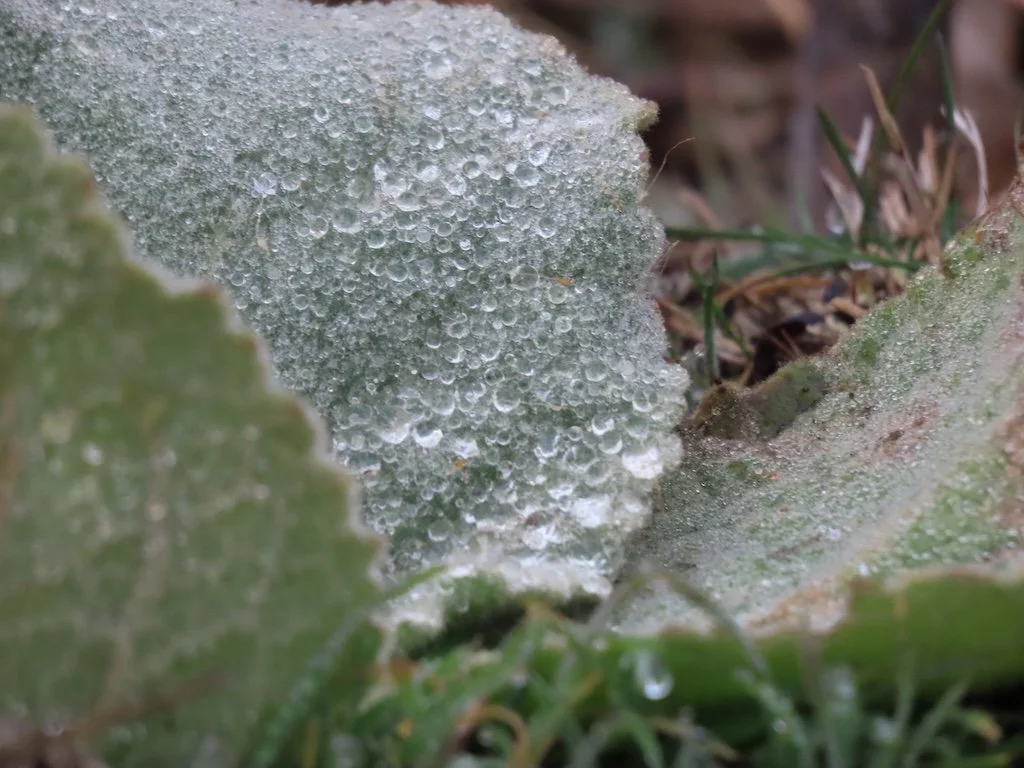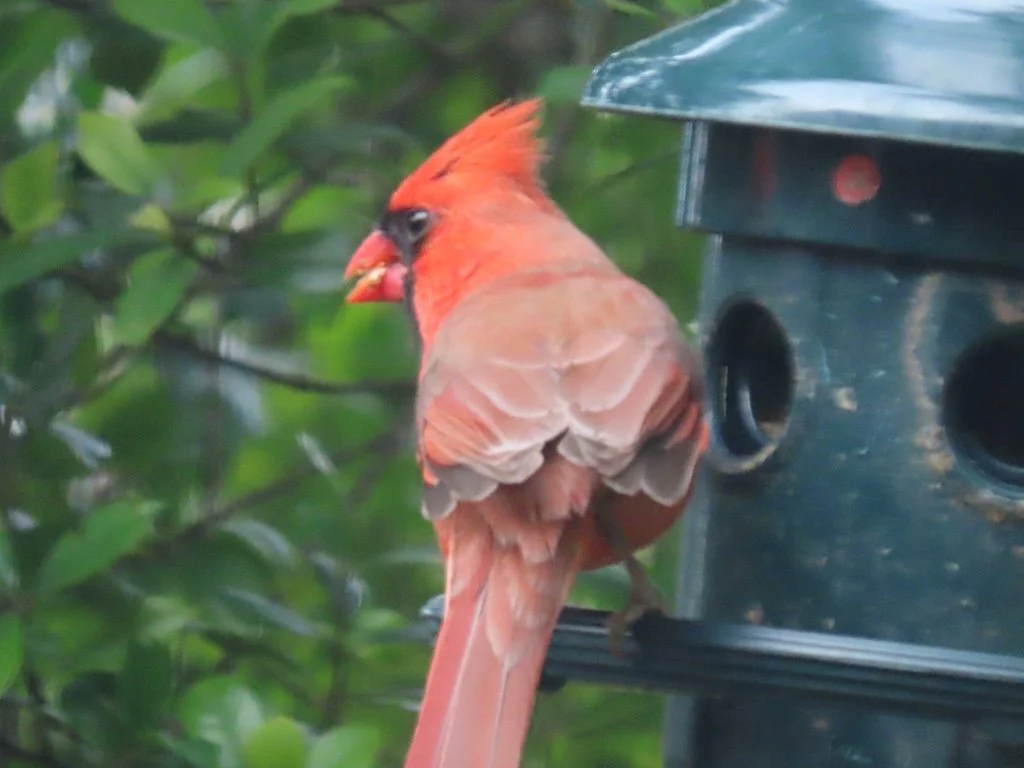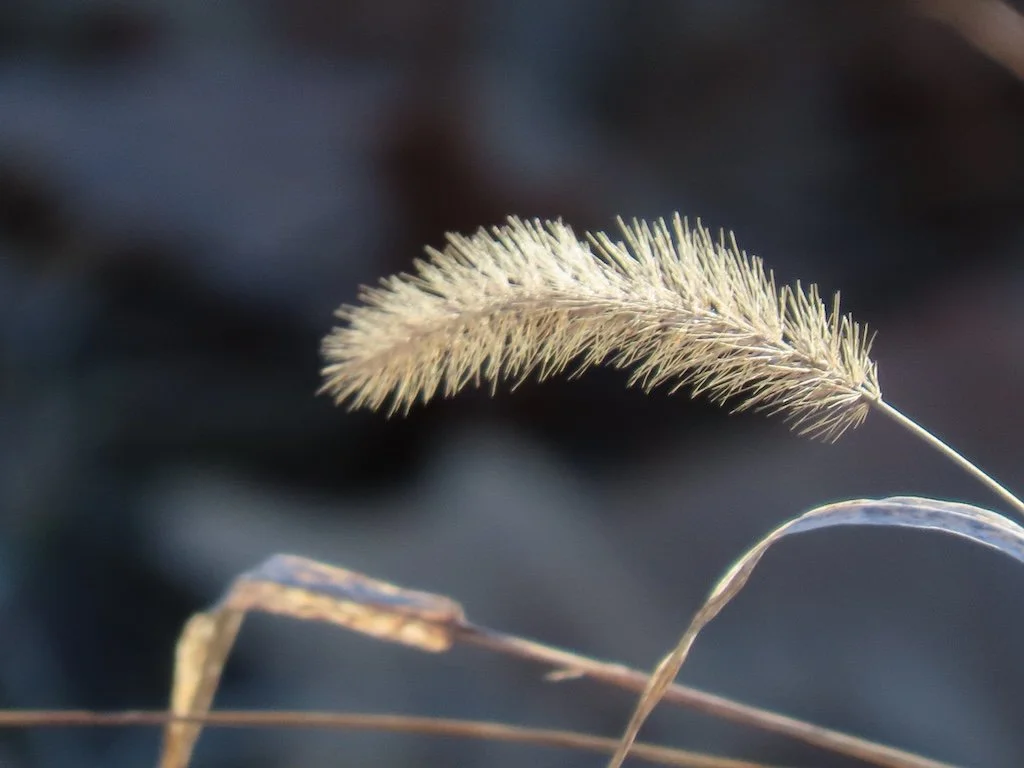Gleanings of the Week Ending March 21, 2020
/The items below were ‘the cream’ of the articles and websites I found this past week. Click on the light green text to look at the article.
Can Destroying Senescent Cells Treat Age-Related Disease? | The Scientist Magazine® - Lots of trials going on…this may be a way to extended years of healthy life (not elongate life).
This 'Blood-Red' Snow Is Taking Over Parts of Antarctica | Smart News | Smithsonian Magazine – I remember seeing snow that was the color of watermelon in Colorado…it’s algae Chlamydomonas nivalis, which is the most common type of snow algae around the world. It hasn’t been as common in Antarctica until this year.
Spotted Zebras, Yellow Cardinals, and Three-Antlered Deer: What Causes these Animal Oddities? • The National Wildlife Federation Blog – Some uncommon forms of animals we all recognize.
What Makes a Venus Flytrap Snap | The Scientist Magazine® - It’s complicated…and nuanced so that the plant only invests in digestion efforts when there is food!
Just a Tiny Fraction of America’s Plastic Can Actually Be Recycled, Report Finds - Yale E360 – We can’t send it to China any more…so it’s all on us to clean up our own mess. Unless and until we can get recycling working well…it’s important for all of us to reduce our use of plastics as much as possible. It’s hard to do.
States with highest rates of melanoma due to ultraviolet radiation identified: Several landlocked states among those with highest rates -- ScienceDaily – It’s not all about being out in the sun either. The prevalence was higher in younger females due to tanning bed usage by teen girls in the late 1990s contributing.
Interactive Infographic: How Salt Transforms Coastal Forests | The Scientist Magazine® - We noticed this process as we’ve visited Blackwater National Wildlife Refuge over the years. There are some areas that used to be marsh with some trees that are now open water.
Top 25 birds of the week: March 2020 - Wild Bird Revolution – No birding festivals in our future near term….but still enjoying pictures taken by others.
Why your internet habits are not as clean as you think - BBC Future – A good compilation of studies about energy consumption for various aspects of our online activities….maybe we can skew toward the lower energy use ones more frequently. Some of the energy, we pay for in terms of our electricity use….others are embedded in products or services we use where the energy usage is not something we see directly.
Coronavirus: How hand sanitizers protect against infections – Compound Interest – Some timely chemistry.

